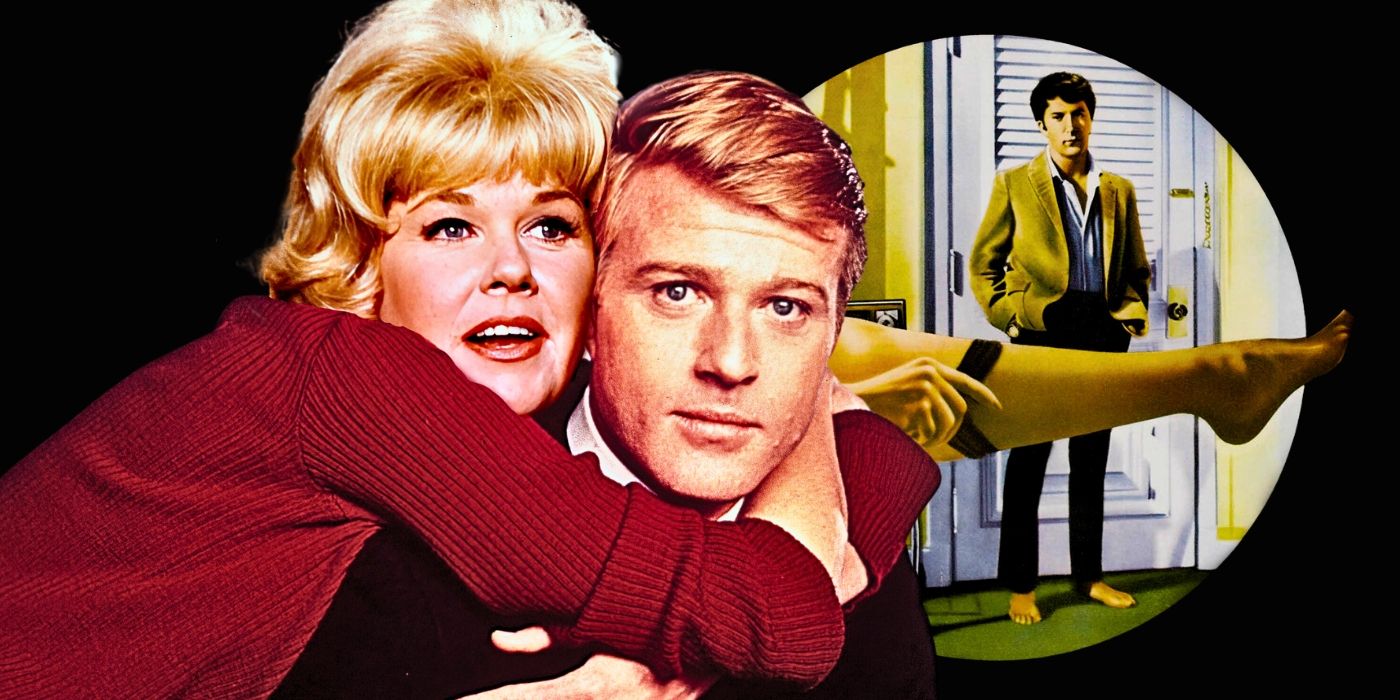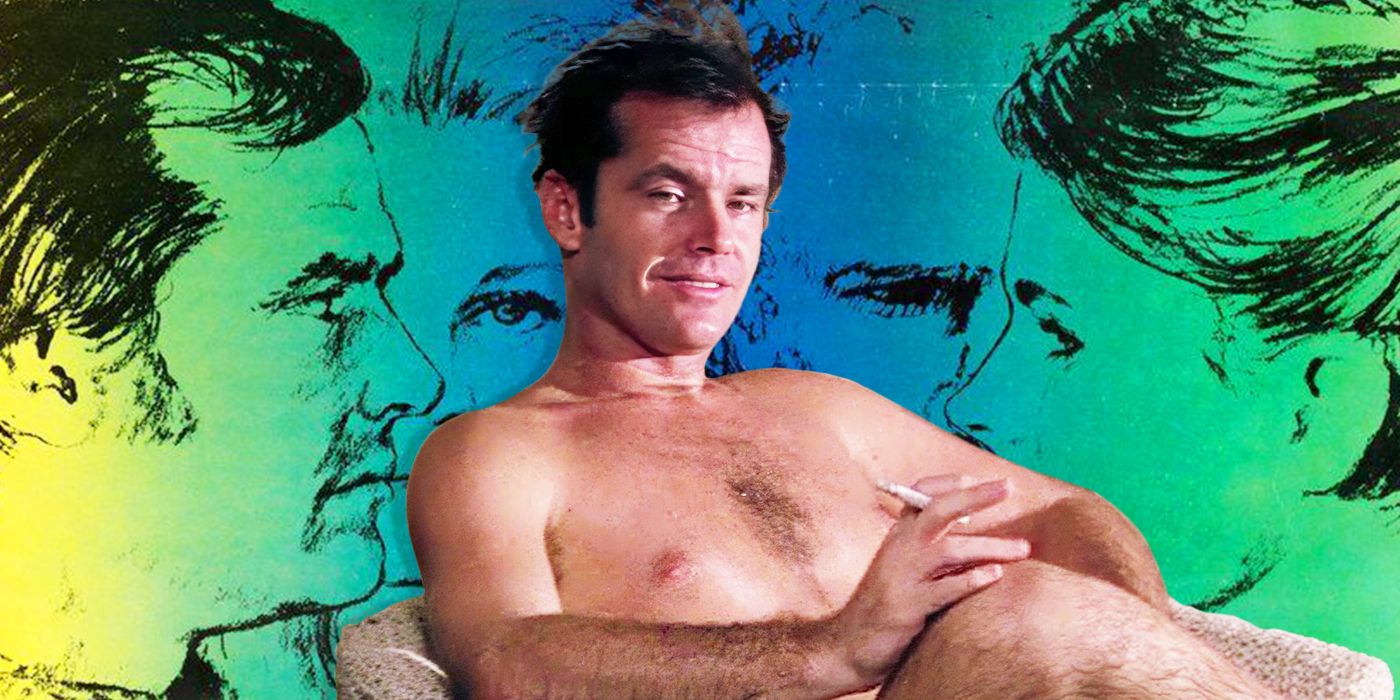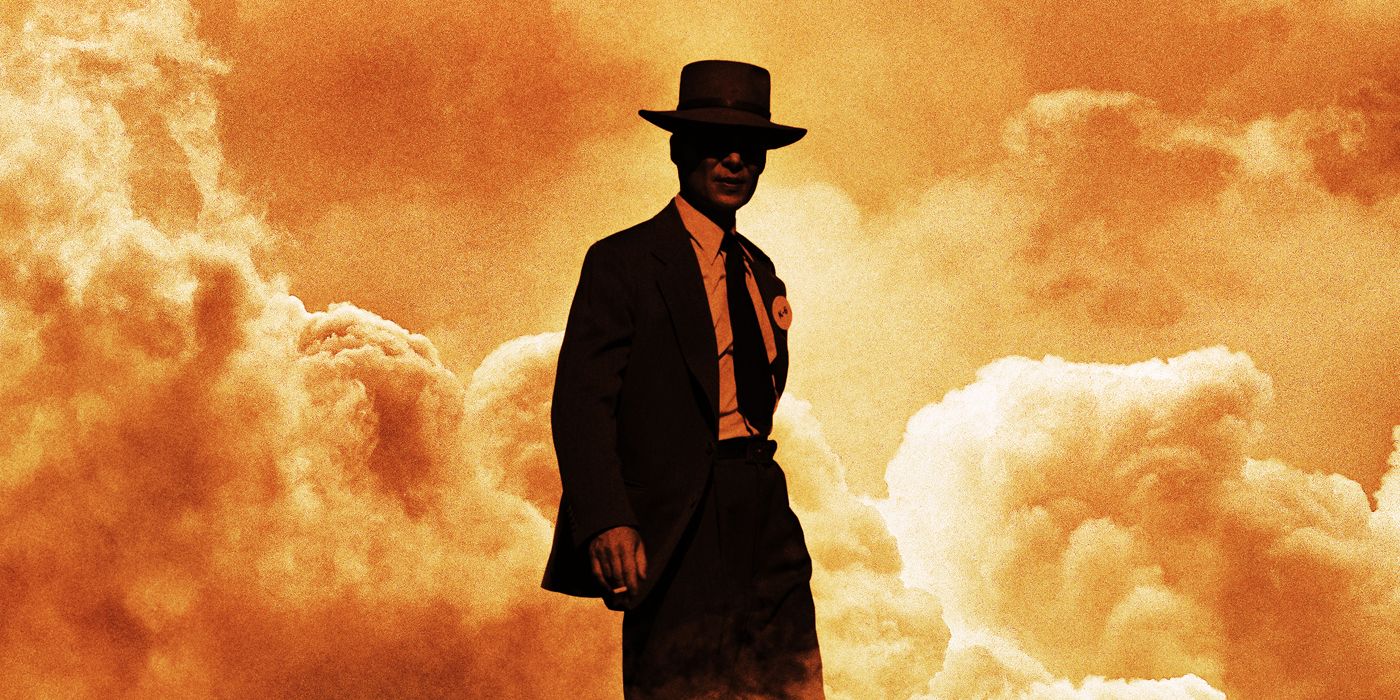The Big Picture
- Carnal Knowledge pushed boundaries with its frank depiction of sexual content, sparking censorship controversies.
- Despite its acclaim, the film faced bans and censorship due to prudish perceptions of its sexual material.
- The Supreme Court’s ruling on the film’s obscenity established an important precedent for artistic freedom and protected films from subjective moral values.
Censorship has unfortunately been around since the earliest days of cinema, as films that push the boundaries of what is considered socially acceptable are often subject to controversy. While many films that received this type of backlash had compelling artistic reasons for their graphic material, many of them have only been appreciated in retrospect. While Hollywood thankfully freed itself from the Hays Code rating system, some films’ content engendered such controversy that the government got involved. While it is now considered to be one of Mike Nichols’ strongest films as a director, the 1971 social drama Carnal Knowledge drew the attention of the Supreme Court due to its graphic sexual material.
Carnal Knowledge
Chronicling the lifelong sexual development of two men who meet and become friends in college.
- Release Date
- June 30, 1971
- Rating
- R
- Runtime
- 98
- Main Genre
- Drama
- Genres
- Drama , Documentary
- Writers
- Jules Feiffer
- Tagline
- Everyone needs to be loved – sometime or another.
What Is ‘Carnal Knowledge’ About?
Set in the late 1940s, Carnal Knowledge follows best friends Jonathan (Jack Nicholson in one of his best performances) and Sandy (Art Garfunkel) as they navigate the social infrastructure of Amherst College. Despite their close relationship, the two students couldn’t be any more different; Jonathan is an affluent womanizer who engages in many relationships at once, while Sandy is rather naive when it comes to romantic liaisons. The film explores the pair’s friendship over time as they both reflect on the errors of their youth. Jonathan realizes that finding the “perfect woman” that he desires may be an impossible task, and Sandy realizes that his desire to embody Jonathan only results in his humiliation.
Although Carnal Knowledge analyzes the changes in “American values” in the aftermath of World War II, the film captured the feelings of social isolationism and anti-establishment culture that were significant in the 1970s. As one of the foremost films within the “New Hollywood” movement, Carnal Knowledge subverted expectations of romantic dramas with its more authentic depiction of adult relationships. The sentimentality and traditional structure that hallmarked many of the most notable romantic films of the previous decade were entirely absent; Carnal Knowledge was willing to depict its characters in a less-than-favorable light. Both Jonathan and Sandy make questionable decisions, but their anxieties represent the same feelings that many young audiences had at the time.
While Mike Nichols had proven himself capable of analyzing relationships from a comedic perspective with his acclaimed 1967 classic The Graduate, Carnal Knowledge was very frank in its depiction of sexual content. This content was not meant to be incendiary, as Nicholas was attempting to depict the realities of modern dating from an authentic perspective. However, this level of emotional realism came as a shock to audiences who were not expecting the film’s graphic discussion of sexual conduct. While the film was acclaimed, earning Ann-Margaret an Academy Award nomination for Best Supporting Actress, the censorship controversy that it inspired became the most defining aspect of its reputation.
Why Was ‘Carnal Knowledge’ Banned?
Despite the acclaimed Carnal Knowledge earned from film critics and awards voting bodies, some prudish skeptics considered the film’s sexual material to be inherently pornographic, and not artistic. Many newspapers refused to run advertisements or list showtimes, and the film was banned in Italy based on charges of “obscenity.” While Stanley Kubrick’s science fiction drama A Clockwork Orange had recently evoked controversy for its graphic violent and sexual material, resulting in its ban in Great Britain, the dispute over Carnal Knowledge resulted in an intervention by law enforcement. The controversy escalated in 1972 when police raided a movie theater and seized prints of the film. The theater’s manager, Mr. Jenkins was arrested on charges of “distributing obscene material” and convicted. The decision was upheld in Georgia’s highest courts in 1973.
Both the Directors Guild of America and the Motion Picture Association of America appealed the decision to the Supreme Court, arguing that the courts had gone too far. A 1974 Supreme Court case ruled that that Georgia courts had overstepped their boundaries by classifying the film as “obscene,” and reversed the conviction of Mr. Jenkins. The court stated that Carnal Knowledge was not found “to depict sexual conduct in a patently offensive way,” and that “nudity alone is not enough to make material legally obscene.” The statement reinforced the film’s merit as one of Nichols’ greatest artistic achievements by stating that “Carnal Knowledge is simply not the “public portrayal of hard core sexual conduct for its own sake, and for the ensuing commercial gain” that we said was punishable.”

Mike Nichols Wanted a Very Different Cast for ‘The Graduate’
Robert Redford, Jeanne Moreau, and others nearly changed the film completely.
While getting involved with the Judicial Branch may have caused headaches for the film’s distributor, AVCO Embassy, the legal battle surrounding Carnal Knowledge ended up benefitting it in the long run. The marketing team used the controversy to its advantage, running advertisements that utilized the court ruling as a reason to see the film. It was well warranted, as the ruling had established an important legal precedent that protected films from local courts’ subjective moral values. Audiences have the opportunity to see a wider range of films as a result; while the NC-17 rating bars some viewers from seeing select films, film censorship is much less of an issue today than it was in 1972.
Mike Nichols Continued To Push Boundaries With His Films
While Carnal Knowledge was certainly one of the most divisive films in his career, it wasn’t the last time Mike Nichols pushed the boundaries of “acceptable content.” Nichols’ 1996 comedic masterpiece The Birdcage, starring Gene Hackman and Robin Williams, was considered to be a groundbreaking piece of LGBTQ+ representation. While some filmmakers begin to lose their edge at the later stages of their careers, Nichols continued to helm ambitious projects with a strong element of social satire well into the 21st century. Nichols’ final film, 2007’s Charlie Wilson’s War, stood as a satirical examination of the United States’ involvement in international military campaigns.
While Carnal Knowledge wouldn’t be considered as inflammatory today compared to the controversial films released with the NC-17 rating, the film established important precedents about artistic freedom when it came to graphic content. Nichols proved that films had the power to incite necessary conversations about the values of society; in the case of Carnal Knowledge, that conversation ended up reaching the Supreme Court.
Carnal Knowledge is streaming on Tubi in the U.S.
Watch on Tubi




